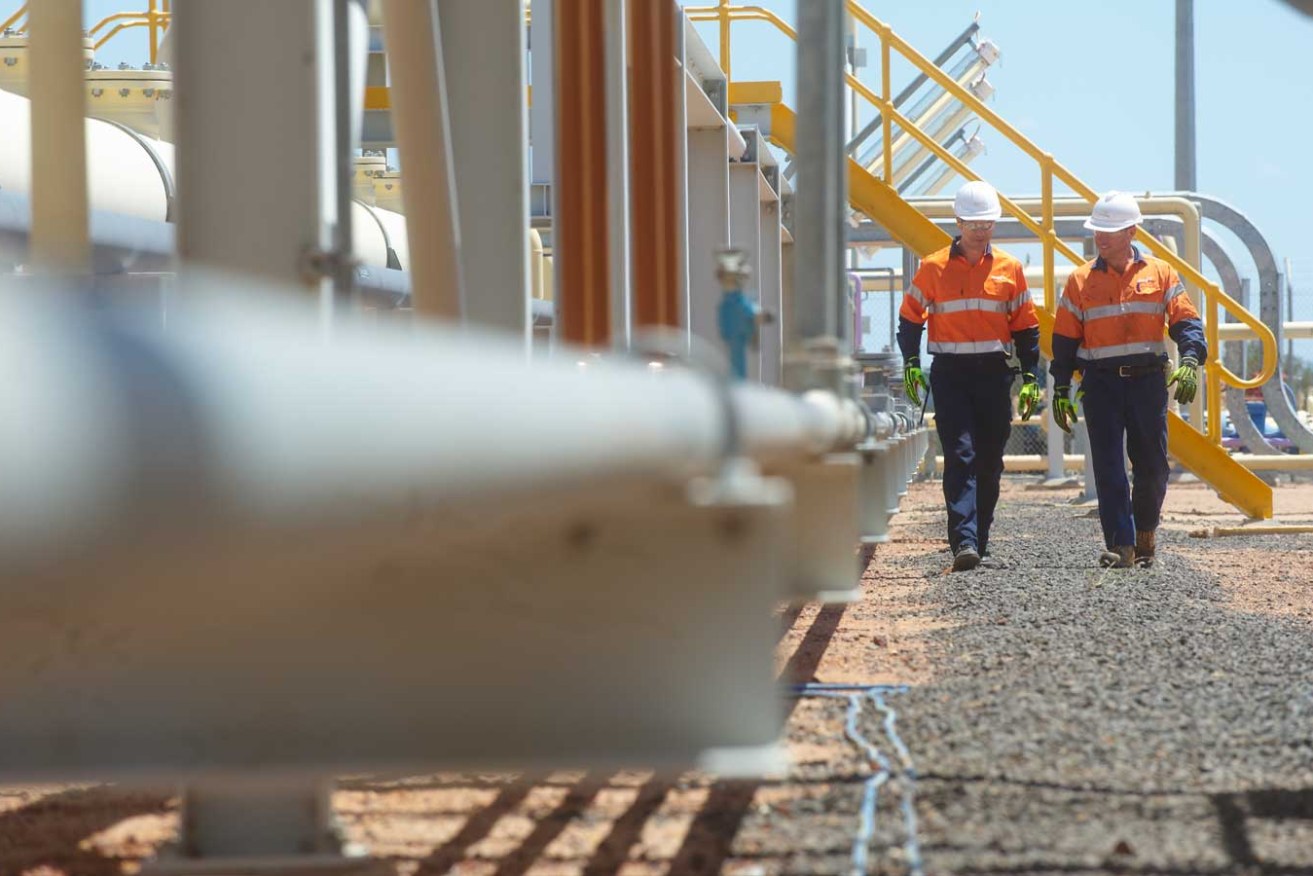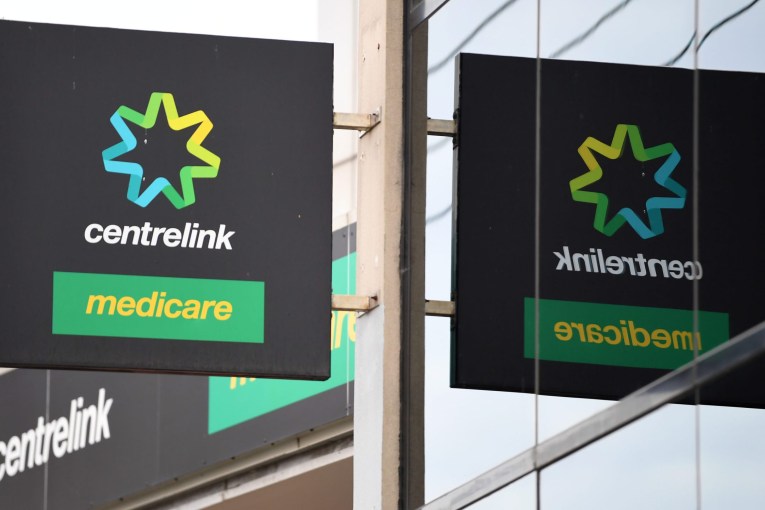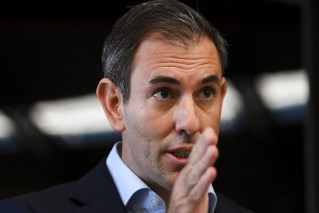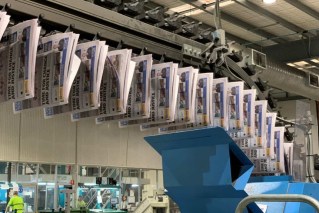How Donald Trump and China may stall a massive Queensland gas windfall
Despite booming exports last year, the planned development of a massive coal seam gas reserve in Queensland could be blocked by the US-China trade war.


An Arrow Energy gas facility in the Surat Basin (image Arrow Energy).
A report by Energy Quest said the value of Queensland’s LNG exports jumped to $16 billion in 2019, an increase of 18 per cent on the previous year, but there were questions about the future of the industry.
EnergyQuest’s Graeme Bethune said the largest uncontracted reserves on the east coast were those held by Arrow Energy, a Queensland joint venture between Shell’s QGC and PetroChina.
Bethune said the two companies had agreed to develop a massive reserve of about 5000 petajoules in the Surat Basin in 2018 and the final go-ahead on the project was expected last year but was delayed.
“The recent US-China trade deal, requiring China to import substantial volumes of US LNG, may impact on development by Arrow, which is 50 per cent Chinese-owned,’’ Bethune said.
He said apart from the Arrow delays, the timing of both the Victorian and NSW LNG import projects has been pushed back.
“Approval of Narrabri development in NSW was expected in the first quarter this year but is now looking like later in the year,’’ Bethune said.
Arrow currently operates gas fields in the Surat Basin and near Moranbah. It also holds a massive undeveloped reserve in Bowen Basin.
Bethune said the jump in Queensland’s LNG exports was matched by a surge in development drilling that began in mid-2018 which drove coal seam gas production to a record 1,486.0 PJ in 2019, 7.2 per cent or 99.5 petajoules higher than in 2018.
He said the Queensland LNG projects shipped a record 22.4 Mt in 2019, up 9.1 per cent compared to 2018.
“The lift in export volumes combined with higher average prices produced a surge in export value, with EnerqyQuest estimating an increase of 18 per cent from $13.8 billion in 2018 to $16.3 billion in 2019,’’ Bethune said.
But he warned that the coronavirus would have an impact because of the fall in oil prices which is the basis for some LNG contract prices.
“This will probably not become apparent until the second quarter of 2020 due to lags in contract prices but lower prices due to lower oil prices were already apparent in Q4 2019.
“There is potential for delays in LNG cargoes although our tracking data suggests that Australian exports to China have been largely unaffected, at least so far. No vessels appear to have been unduly delayed by being held at sea.
The coronavirus was also having an impact on the industry because the drop in demand for energy had hit the oil price, which is the basis for some gas price contracts.
That fall in demand has also led to energy giant and part owner of Arrow Energy PetroChina declaring a force majeure on LNG imports as demand in the country plummeted because of the coronavirus.
Reuters reported the company has issued the force majeure notice to suppliers of piped gas and also to at least one LNG supplier.
A force majeure is a reference to a clause in contracts that removes liability because of natural and unavoidable catastrophes.
“Nobody knows how Covid-19 will pan out, whether it will be quickly contained or become a true pandemic but it is likely to hang over the energy sector for most of this year,’’ he said.












